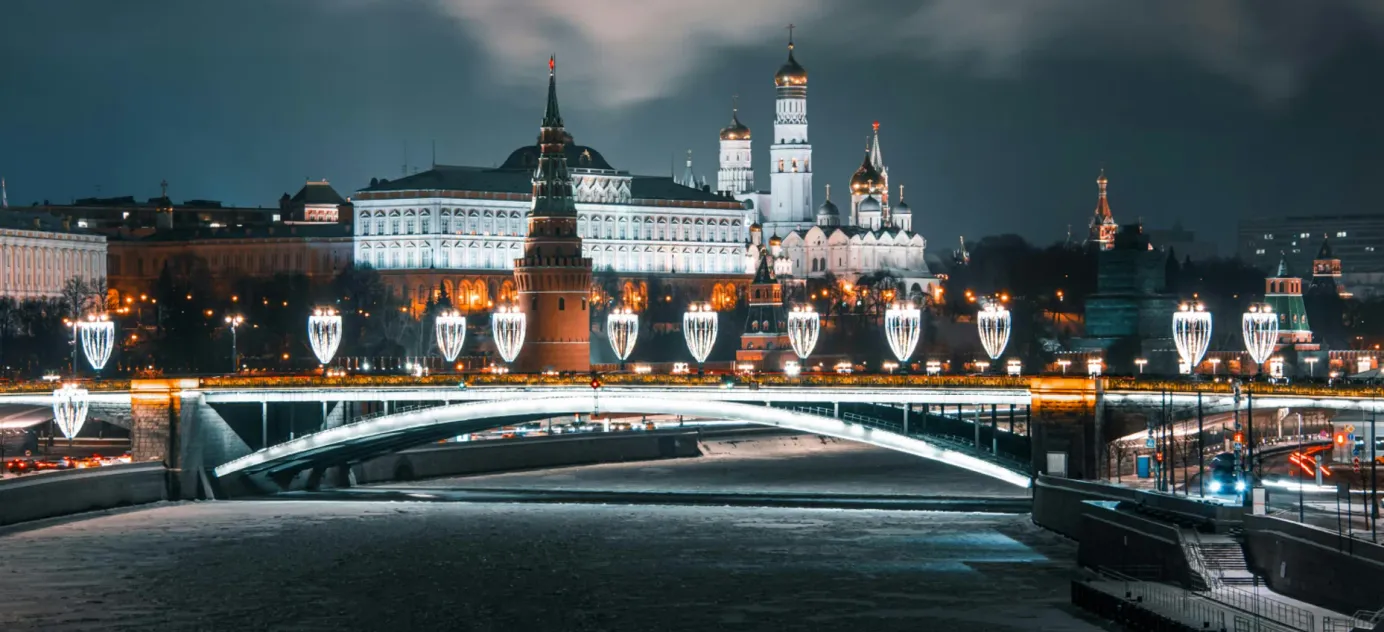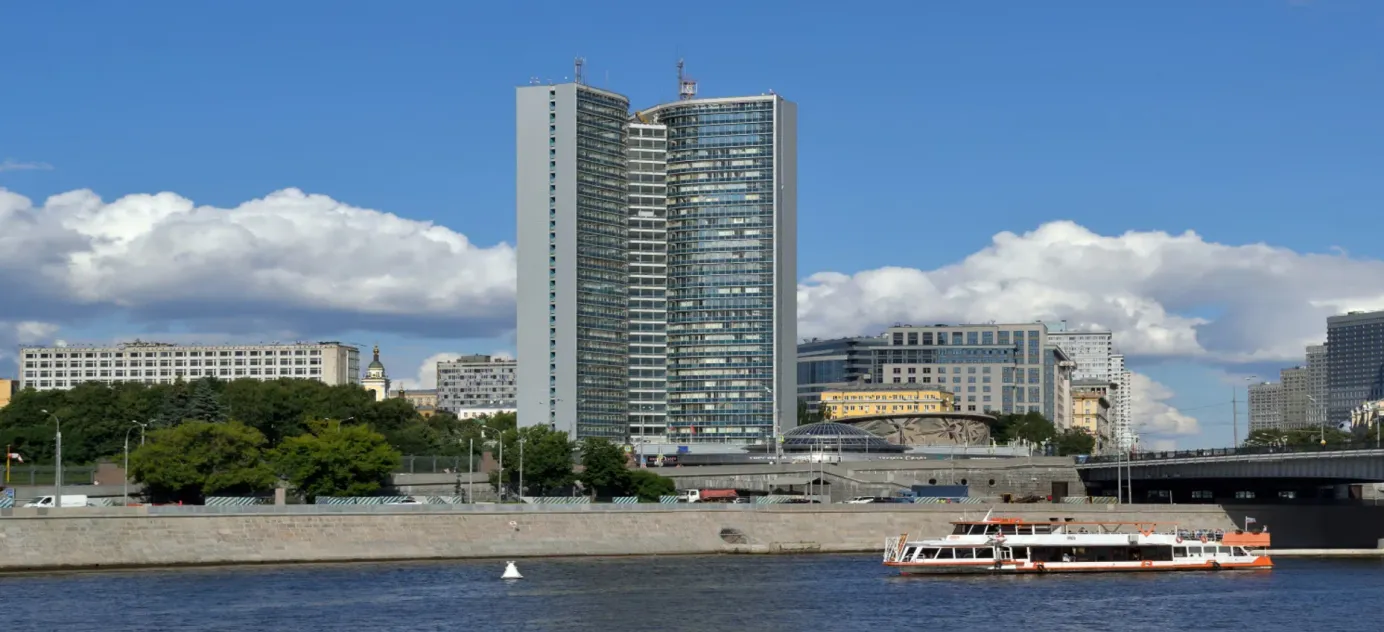
Narrow victory for Moldova’s pro-European president
A week after Georgia held crunch parliamentary elections, another former Soviet republic with EU ambitions went to the polls, as Moldovans voted in a presidential contest. The situation in Moldova, which was recently granted EU candidate states, was the reverse of that in Georgia — pro-EU president Maia Sandu was looking to hold onto power in the face of a strong pro-Russian opposition. She emerged victorious, though the results were a closer battle than most anticipated, highlighting divisions across the country.
- Incumbent Maia Sandu managed to hold onto power in the second round of Moldova’s presidential election. But her victory was slim — securing 55% against 45% for the pro-Russian opposition candidate, Alexandru Stoianoglo. Russian propagandists were delighted to reportthat Sandu’s victory was based on votes from the Moldovan diaspora abroad — Stoianoglo received 51% of votes cast inside the country.
- Even just a few months ago, nobody would have expected such a close race in Moldova. Sandu was clearly ahead in the polls (1, 2), with twice as many supporters as her closest rival. Stoianoglo was polling just 1%. Experts suggested that Sandu might win the election in the first round. Confident of her position, the president simultaneously called a referendum on Moldova’s proposed EU membership. Securing candidate status in June 2022, alongside Ukraine, was the highlight of Sandu’s term in office and she sought to capitalize on the issue in a simultaneous vote that was supposed to boost her standing.
- But the results of both votes were disappointing. Sandu failed to win in the first round, securing 42% against 26% for Stoianoglo, the former prosecutor general who consolidated the protest vote. The EU referendum almost ended in defeat, with just 50.3% voting in favor.
- Stoianoglo cannot be pigeonholed as a simple pro-Russia candidate. In his words, at least, he talks of European integration combined with the need for pragmatic relations with Moscow (a similar message to that touted by Georgia’s ruling party). As a result he is a far more comfortable partner for the Kremlin than the openly anti-Russian Sandu.
- Although Sandu remains in office, the results are a blow to her and the EU. Sandu is the closest ally Brussels has had in Moldova in the three decades since the collapse of the Soviet Union. And her fight for power is not over. The country is a parliamentary republic, and Sandu’s Party of Action and Solidarity will face another tough contest in parliamentary elections scheduled for next year.
Why the world should care
The big question posed by the votes — the first since Russia’s invasion of Ukraine — is whether it reflects a decline of Russian influence in Moldova. Among the three former Soviet republics seeking EU membership, Moldova finds itself between an eager Ukraine and Georgia currently suspended from the accession process due to the passage of a Russian-inspired law on foreign agents. Moscow is working hard to undermine the position of Moldova’s pro-European forces ahead of the 2025 election. These results show a pro-European government could easily be pushed out of office.





